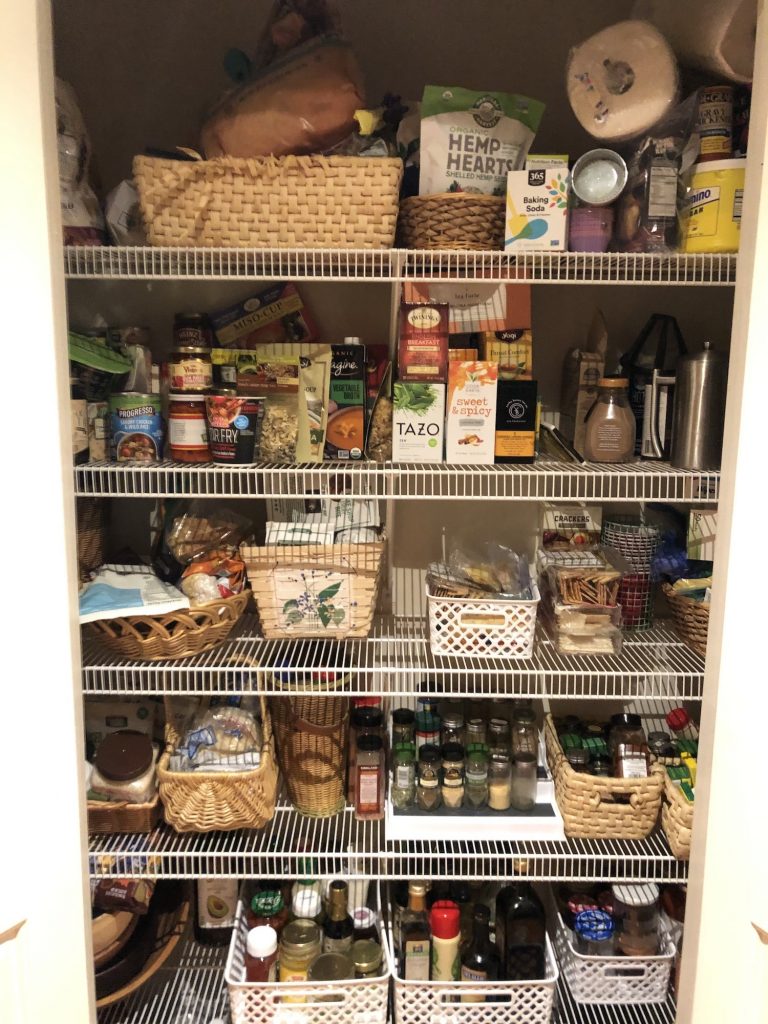Absolute Citrin
by Richard Citrin



Our new neighbors told us that in downsizing from their suburban home to their new (and smaller) townhouse, they called their adult children and told them to collect their childhood memorabilia, or it was all headed to the resale shops or dumpsters. Their kids came and took a box or two of remembrances and our neighbors were relieved of years of reminiscences.

Sheila and I watched another round of Marie Kondo TV shows and decided it was time to do, as Sheila describes it, a little “tidying up,” which has so far yielded 6 or so bags of recycling and a neatly organized kitchen pantry and walk in closet. Still more to do.
One of the seeming gifts of the Pandemic is that everyone wants to simplify their life. We met a young couple, one who is an event planner, who bought an RV so that they could travel to where her projects are located and bunk up right next door. Several of my clients are considering new careers where the stress of corporate life is diminished. Still others are relishing the hybrid work week which has given them time at home with their kids or just a chance to take a midday walk before preparing lunch in their own kitchen.
Simplifying is a Resilience Advantage strategy that meets the goal of mitigating stressful events before they even happen and helps diminish the intensity of those situations when we are in the middle of them.
An easy path to simplification is to begin by organizing and eliminating items that are extraneous. One very rewarding place to start is in your physical and virtual file drawer. Make a rule for yourself…anything older than 6 months or 1 year that you have not looked at or is not mission critical (like your home mortgage papers or a current work project) just go ahead and send to the virtual or real trash bin. You’ll immediately feel a weight taken off your shoulders as your life gets a bit less complex.
“I went to the woods because I wished to live deliberately, to front only the essential facts of life, and see if I could not learn what it had to teach, and not, when I came to die, discover that I had not lived.”
Henry David Thoreau